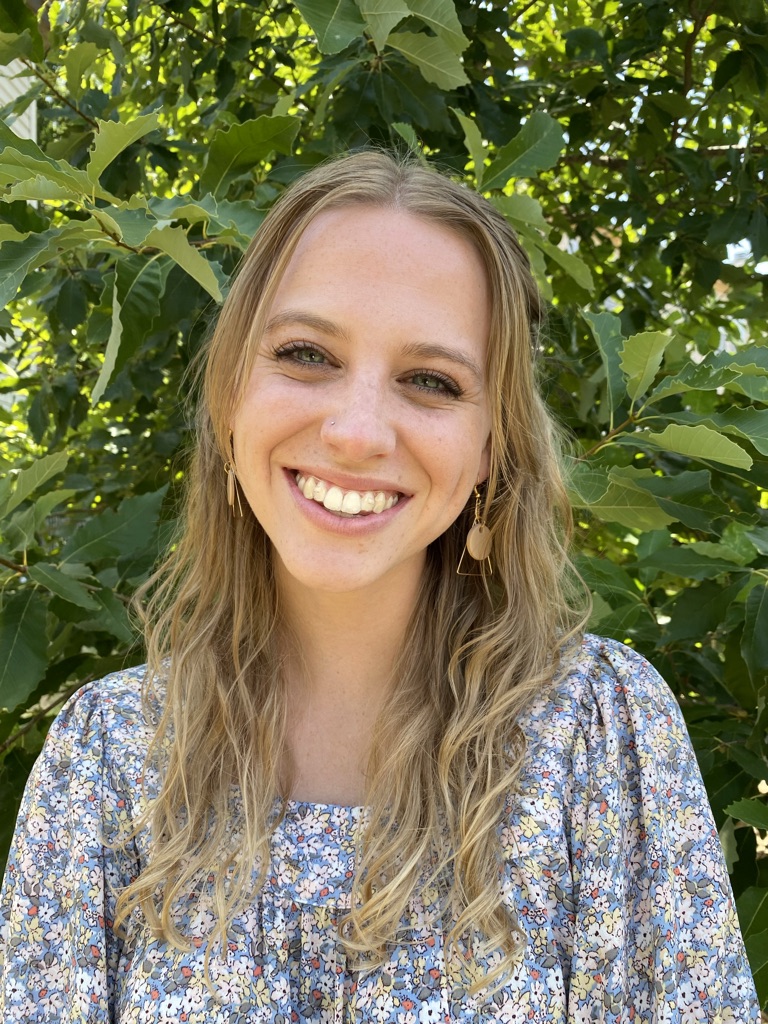Eating Disorders
(PS7-9) Beta-testing of a Binge-eating Treatment for Older Women: An Age-tailored, Co-designed Intervention
- JS
Jessica Salinas, None
Research Assistant
University of Texas Health Science Center at San Antonio
San Antonio, Texas, United States - JM
Jacqueline Macias, B.A.
MSW Student
UT Health San Antonio
San Antonio, Texas, United States - TL
Taylur Loera, B.S.
Post-bac Research Assistant
University of Texas Health Science Center at San Antonio
San Antonio, Texas, United States .jpg)
Victoria B. Marshall, B.A.
Graduate Student
University of Texas Health Science Center at San Antonio
San Antonio, Texas, United States
Savannah C. Hooper, B.A.
Graduate Student
The University of Louisville
Louisville, Kentucky, United States- LS
Lisa S. Smith Kilpela, Ph.D.
Assistant Professor
UT Health San Antonio
San Antonio, Texas, United States
Author(s)
Co-Author(s)
Co-Author(s)
Binge-eating disorder (BED) is characterized by at least weekly binge episodes (i.e., consuming unusually large quantities of food while feeling out of control), over the course of several months. While BED is the most common eating disorder among postmenopausal women, older adults have often been excluded from treatment research. Among 58 eating disorder randomized control trials, only 3 even allowed participants aged 65+; none were designed for older adults. Thus, no clinical guidelines exist for the treatment of BED in older women. As a first step in closing this clinical care gap, we conducted a single-arm, iterative beta-testing trial of an age-tailored BED intervention for older women. This treatment was co-designed with older women with lived experience using a systematic intervention tailoring framework anchored on community engagement.
Participants (N=20) were community-dwelling, post-menopausal women aged 60+ years with current BED (M=65.4, SD=4.9) interested in treatment. BED diagnoses were confirmed by telephone clinical interview prior to enrollment. Intervention co-design occurred in 2 phases: 1) preliminary feedback from women with lived experience (i.e., older women, aged 60+, with current BED) for initial protocol development, and 2) ongoing feedback throughout the current study. Based on phase 1 of co-design, the intervention consisted of a 6-session, age-tailored, small-group (n=3-6 per group) behavioral intervention conducted in-person in a medical center. Session content centered on appetite awareness training, and included emotion regulation, distress tolerance, and acceptance strategies. Within each iteration of the study, ongoing feedback from participants was integrated and implemented for each subsequent cohort. Participants completed measures of BED severity and depression at baseline, post-treatment, and 2-month follow-up for initial estimates of magnitude of treatment effects on key clinical outcomes, as well as intervention feasibility and acceptability at post-treatment and 2-month follow-up.
Of 20 participants enrolled, 17 completed all sessions, representing 85% retention. Regarding BED severity, we found a large effect (d=1.64) from baseline to post-treatment. Additionally, we observed a small effect for depression (d=0.29) from baseline to post-treatment. Importantly, effects were maintained through 2-month follow-up for both BED severity (d=1.43 from baseline to follow-up) and depression (d=0.20 from baseline to follow-up). Participants found the treatment to be feasible (M=5.44, SD=0.85) and acceptable (M=5.58, SD=0.75) post treatment and at 2-month follow up (feasibility M=5.35, SD=0.83; acceptability M=5.5, SD=0.76). Final results regarding participant treatment adherence (e.g., between-session homework completion) will be included in the poster.
Older women with BED found the age-tailored, co-designed intervention to be feasible and acceptable. Preliminary estimates of intervention effects suggested a large reduction in BED symptoms that held through 2-month follow-up. Further research is needed regarding awareness, access, and considerations for efficacy treatment for this underrepresented population living with BED.

.png)
